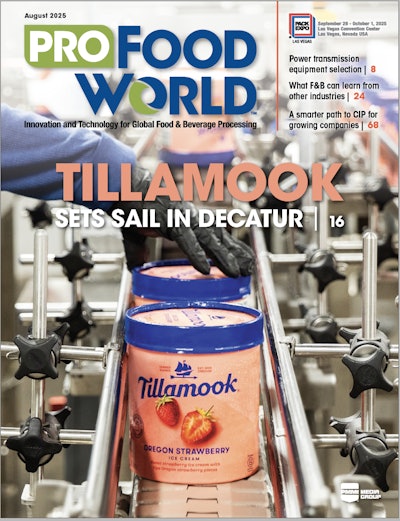A recall has been issued for approximately 9,330 pounds (4.6 tons) of Don Novo & Son ready-to-eat pork products that may be adulterated with Listeria monocytogenes, according to the U.S. Department of Agriculture’s Food Safety and Inspection Service (FSIS). The problem was discovered when FSIS was notified that a sample collected by a Florida state public health partner tested positive for the presence of L. monocytogenes.
The recalled products were produced on December 21, 2023, and include:
- 1 lb shrink-wrapped packages containing Don Novo Chorizo/Fully Cooked with the expiration date of 3/30/2024 printed on the package.
- 1 lb shrink-wrapped packages containing Don Novo Costillas Ahumadas/Smoked Pork Ribs with the expiration date of 3/30/2024 printed on the package.
- 12 lb shrink-wrapped packages containing Don Novo Jamon Dulce/Sweet Cooked Ham and Water Products with the expiration date of 3/30/2024 printed on the package.
- 5.4 lb to 5.5 lb shrink-wrapped packages containing Don Novo Mortadella Cubano/Cuban Brand Mortadela with the expiration date of 3/30/2024 printed on the package.
- 1.5 lb shrink-wrapped packages containing Don Novo Lomo Ahumado Smoked Pork Loin with the expiration date of 3/30/2024 printed on the package.
The products subject to recall bear establishment number EST. 34257 inside the USDA mark of inspection, and were shipped to retail locations in Florida. FSIS is concerned that some product may be in retailers’ and consumers’ refrigerators or freezers. Consumers who have purchased these products are urged not to consume them. These products should be thrown away or returned to the place of purchase. There have been no confirmed reports of adverse reactions due to consumption of these products.
 | Public health alert issued for RTE products containing recalled dairy. |
Consumption of food contaminated with L. monocytogenes can cause listeriosis, a serious infection that primarily affects older adults, persons with weakened immune systems, and pregnant women and their newborns. Less commonly, persons outside these risk groups are affected.
Listeriosis can cause fever, muscle aches, headache, stiff neck, confusion, loss of balance and convulsions sometimes preceded by diarrhea or other gastrointestinal symptoms. An invasive infection spreads beyond the gastrointestinal tract. In pregnant women, the infection can cause miscarriages, stillbirths, premature delivery or life-threatening infection of the newborn. In addition, serious and sometimes fatal infections in older adults and persons with weakened immune systems. Listeriosis is treated with antibiotics. Persons in the higher-risk categories who experience flu-like symptoms within two months after eating contaminated food should seek medical care and tell the health care provider about eating the contaminated food.





















